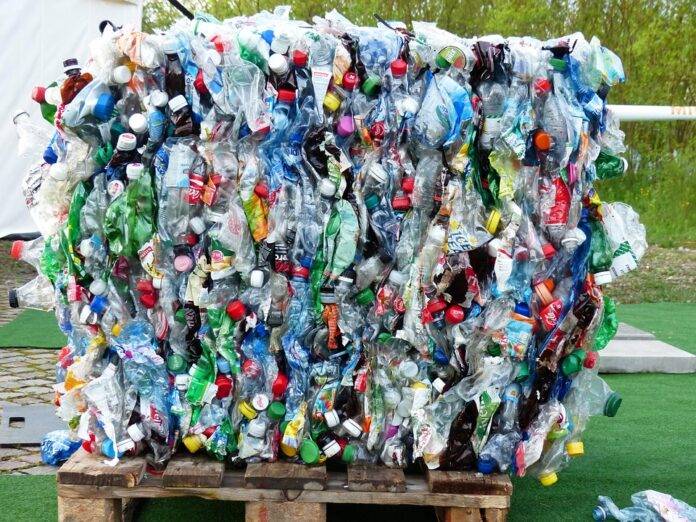Cold Chain and Expired Goods Waste Solutions and Equipment
The cold chain is a crucial aspect of the supply chain that ensures the safe transportation and storage of temperature-sensitive products such as food, pharmaceuticals, and vaccines. However, maintaining the cold chain can be challenging, and one of the major issues that companies face is dealing with expired goods and waste. In this report, we will explore solutions and equipment that can help address this problem effectively.
The Impact of Expired Goods Waste
Expired goods waste is a significant issue that not only leads to financial losses for companies but also has environmental implications. According to a report by the Food and Agriculture Organization of the United Nations, around 1.3 billion tons of food is wasted globally each year, with a significant portion of this waste coming from expired goods. In addition to the financial and environmental costs, expired goods waste also poses a risk to public health if expired products are consumed.
Solutions for Managing Expired Goods Waste
There are several solutions that companies can implement to effectively manage expired goods waste. One approach is to improve inventory management systems to track expiration dates more accurately and reduce the likelihood of products expiring before they can be sold or used. Companies can also implement better forecasting techniques to avoid overstocking products that are at risk of expiring.
Another solution is to donate expired goods to food banks or other charitable organizations. While these products may not be suitable for sale, they can still be consumed safely and help address food insecurity issues in communities. Recycling expired goods is another option, where products are repurposed or converted into new materials to minimize waste.
Cold Chain Equipment for Preventing Expired Goods Waste
Investing in the right cold chain equipment is essential for preventing expired goods waste. Temperature monitoring devices, such as data loggers and temperature sensors, can help companies ensure that products are stored at the correct temperature throughout the supply chain. Cold storage units, refrigerated trucks, and cold rooms are also important for maintaining the cold chain and preventing products from expiring prematurely.
Companies can also consider investing in advanced packaging solutions, such as insulated containers and temperature-controlled packaging, to protect products during transportation and storage. These packaging solutions help maintain the required temperature conditions and reduce the risk of products expiring due to temperature fluctuations.
Industry Insights and Trends
The cold chain industry is growing rapidly, driven by the increasing demand for temperature-sensitive products such as fresh produce, pharmaceuticals, and biologics. According to a report by Grand View Research, the global cold chain market size was valued at $218.0 billion in 2020 and is expected to reach $540.0 billion by 2028, with a CAGR of 11.1% during the forecast period.
One of the key trends in the cold chain industry is the adoption of advanced technologies, such as blockchain, IoT, and AI, to improve visibility and traceability throughout the supply chain. These technologies enable companies to track products in real-time, monitor temperature conditions, and prevent expired goods waste more effectively.
Conclusion
In conclusion, managing expired goods waste in the cold chain is crucial for companies to reduce financial losses, minimize environmental impact, and ensure public health and safety. By implementing solutions such as improved inventory management, donation and recycling programs, and investing in the right cold chain equipment, companies can effectively prevent products from expiring prematurely and minimize waste. With the cold chain industry expected to grow significantly in the coming years, it is essential for companies to prioritize sustainable practices and innovative solutions to address the challenges of expired goods waste.




